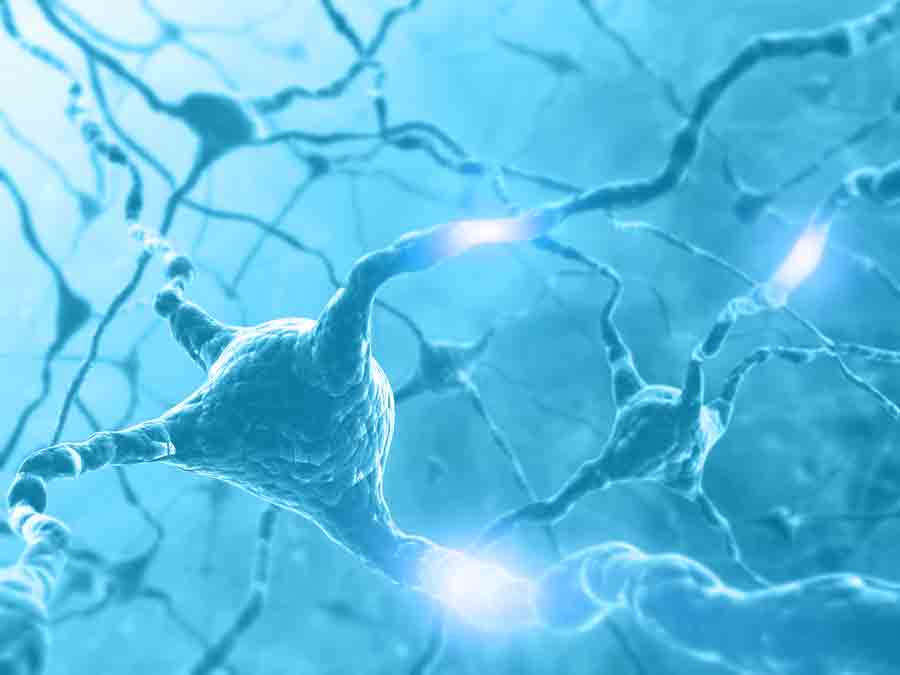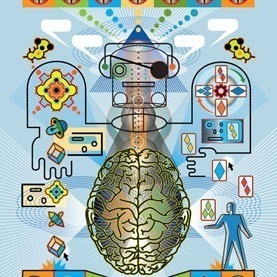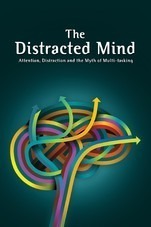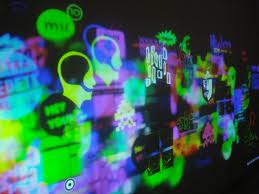Posts Tagged ‘attention’
4 Essential (and Overlooked) Facts About Your Brain and Your Mind
An aspiring clarinetist begins by getting a sense of the way the instrument’s sounds are produced by the air she blows through it. A driver must be acquainted with various vehicle fundamentals, such as adding gas, accelerating, and reading the speedometer. It is no different with the brain. Maximizing your brain’s health and performance begins…
Read MoreNew Summit Partner: The UCSF Gazzaley Lab
We’re proud to announce that the 2013 SharpBrains Virtual Summit (September 19–20th) will count on the support from another leading organization. The UCSF Gazzaley Lab is a cognitive neuroscience research lab at the University of California, San Francisco focused on studying the neural mechanisms of memory and attention,
Read MoreTop 5 Quotes from The SharpBrains Guide to Brain Fitness (and free chapter)
As a book co-author it is always a pleasure, and a surprise, to see what readers find most interesting and noteworthy. A feature in Amazon’s Kindle e‑reader allows readers to highlight and share their favorite sentences . These are the 5 Most Highlighted Quotes in The SharpBrains Guide to Brain Fitness: How to Optimize Brain Health and…
Read MoreCalisthenics and Brain Games for a Child’s Mind
Brain Games Aim to Make Kids Smarter (SciAm Mind, requires subscription): “Scientists have concocted mental fitness regimens to strengthen weak thinking skills in students—in effect, making kids smarter…Psychologists have long believed that thinking capacities such as attention, memory and reasoning were fixed, but
Read MoreRaising awareness about the distracted mind (PBS special)
I feel it is critical that scientists make an effort to translate their research discoveries into a format that is understandable and meaningful to the general public. They should also, at least on occasion, step beyond detailed descriptions of laboratory results and speculate on how their findings inform the bigger picture and impact people’s lives.…
Read MoreNeuroscientists: Develop digital games to improve brain function and well-being
Authors: Develop digital games to improve brain function and well-being (UW-Madison News): “Neuroscientists should help to develop compelling digital games that boost brain function and improve well-being, say two professors specializing in the field in a commentary article published in the science journal Nature. In the Feb. 28 issue, the two — Daphne Bavelier of the University of Rochester…
Read More



